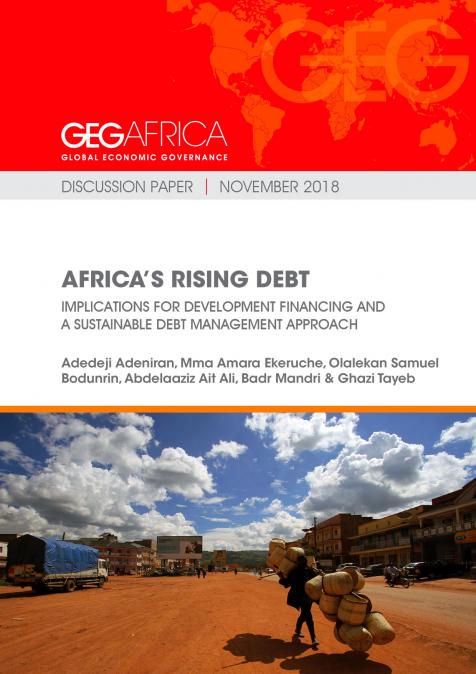Publications /
Policy Brief
La pandémie qui frappe l’économie mondiale est souvent imputée exclusivement au Coronavirus. L’objet de ce “Brief “est de rappeler qu’avant l’explosion de la pandémie, affectant, à des degrés divers, cinquante pour cent de la population mondiale, l’économie mondiale était déjà très fragilisée par la guerre commerciale que se livrent, depuis de longs mois, Américains et Chinois, et par la guerre pétrolière opposant Américains, Saoudiens et Russes. C’est, donc, dans un contexte très particulier que se développe cette pandémie, faisant du Covid-19 un accélérateur d’une crise dont il ne serait être le seul responsable, et un révélateur des insuffisances et des limites des politiques publiques de santé. La perte de souveraineté sanitaire, la gestion en flux tendu des biens sanitaires illustrent ces limites et ces insuffisances. Elles nous conduisent désormais à rechercher le juste équilibre entre la recherche d’une sécurité sanitaire absolue et la nécessité de préserver conjointement les conditions de la reprise économique, sous peine d’être confrontés à des morts économiques, en plus grand nombre, venant s’ajouter à ceux déjà trop nombreux du Covid-19.






